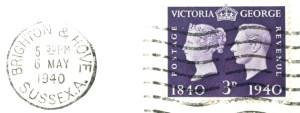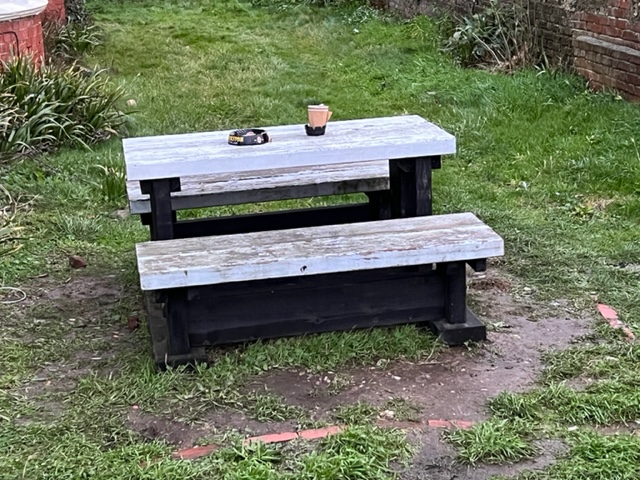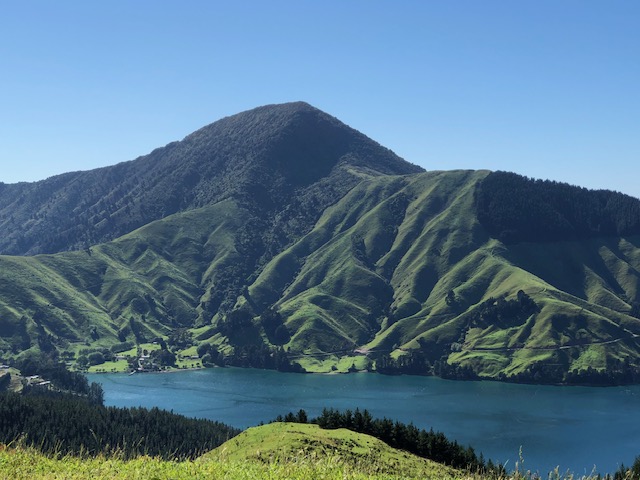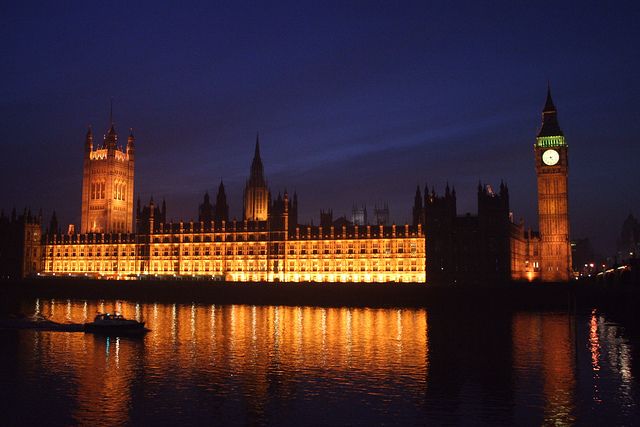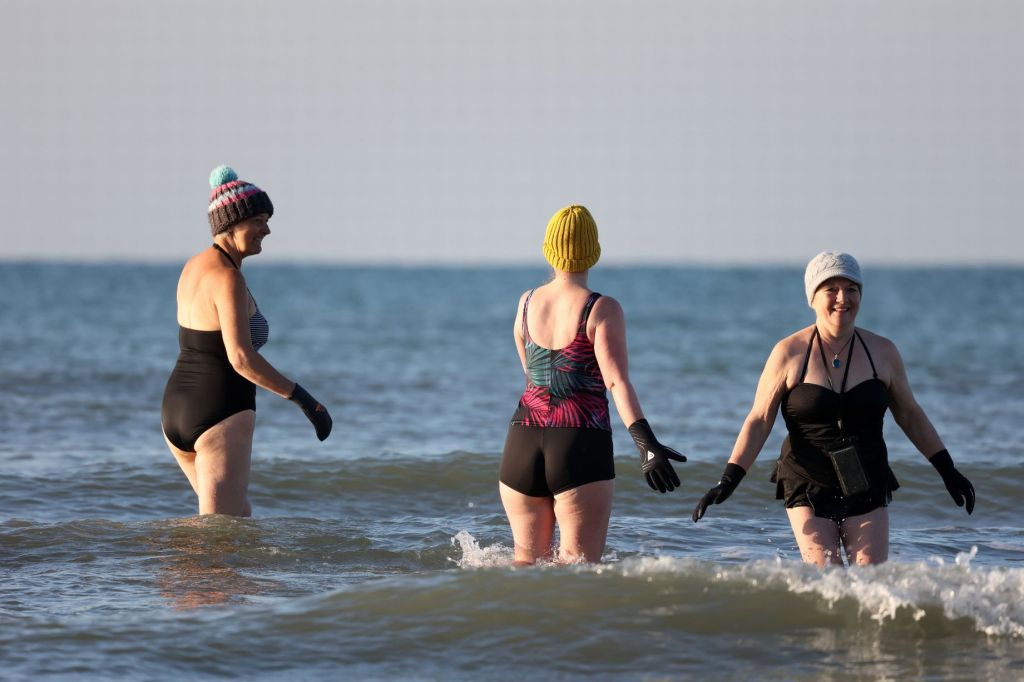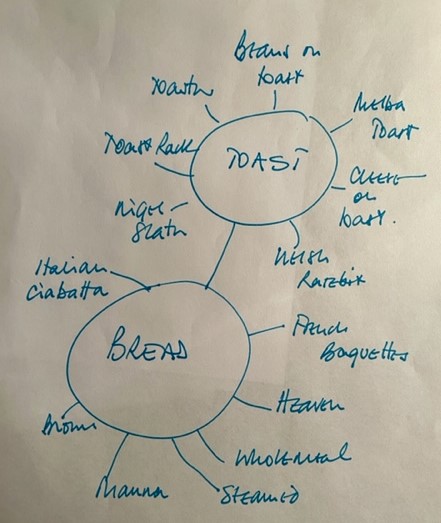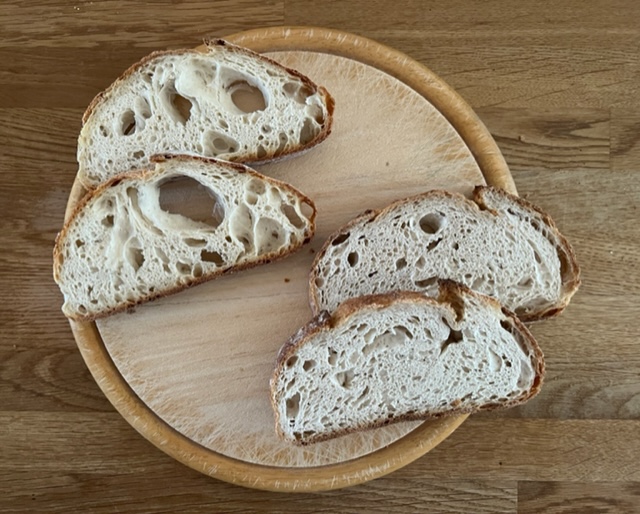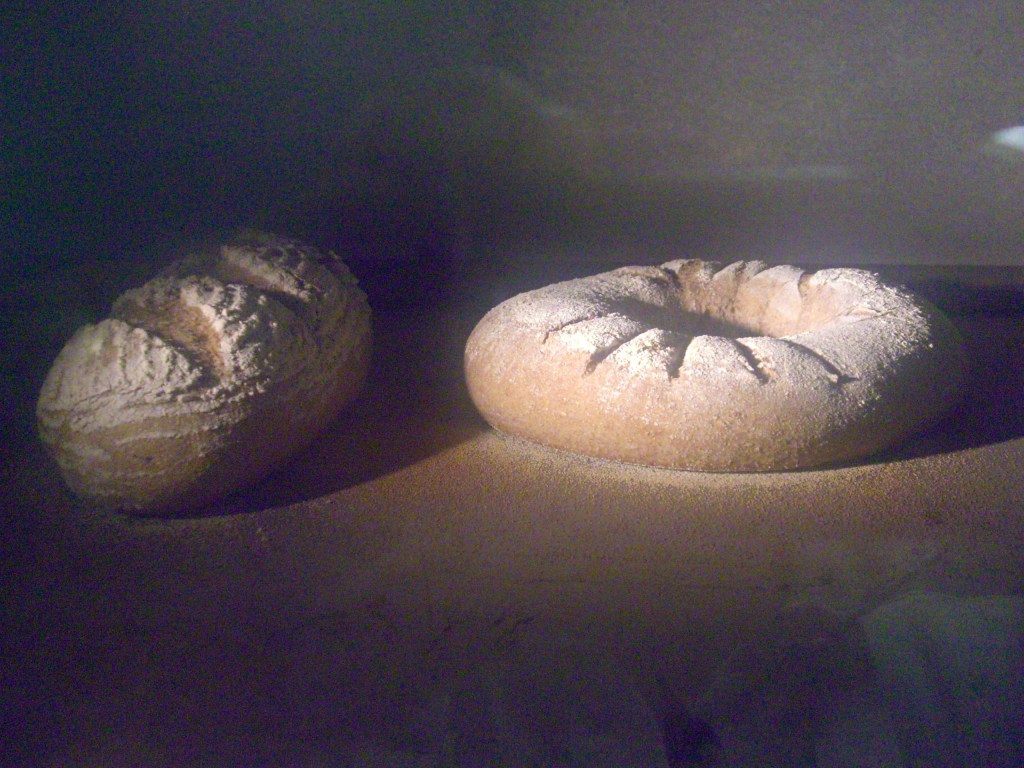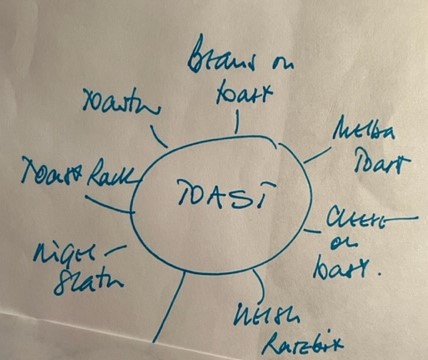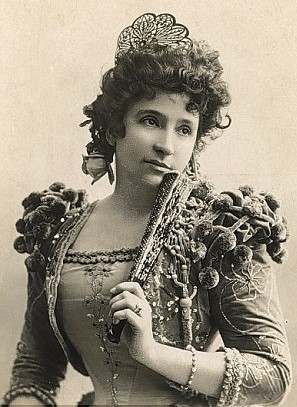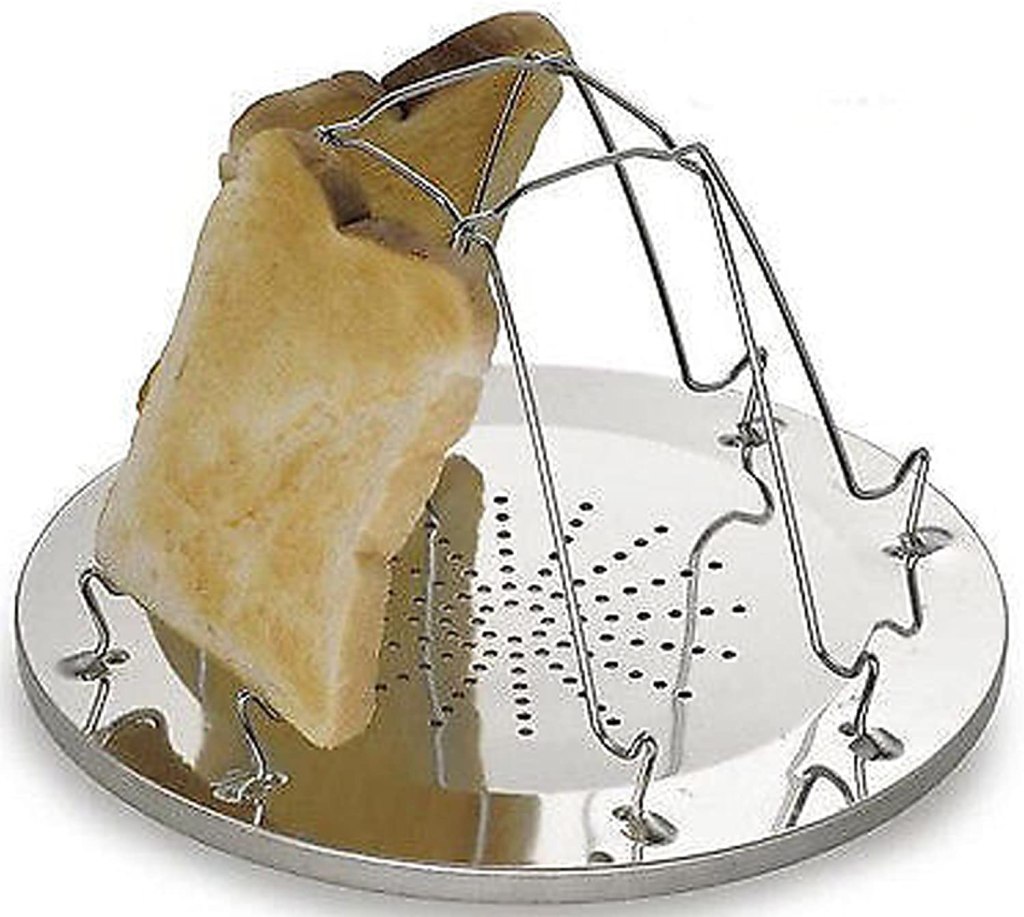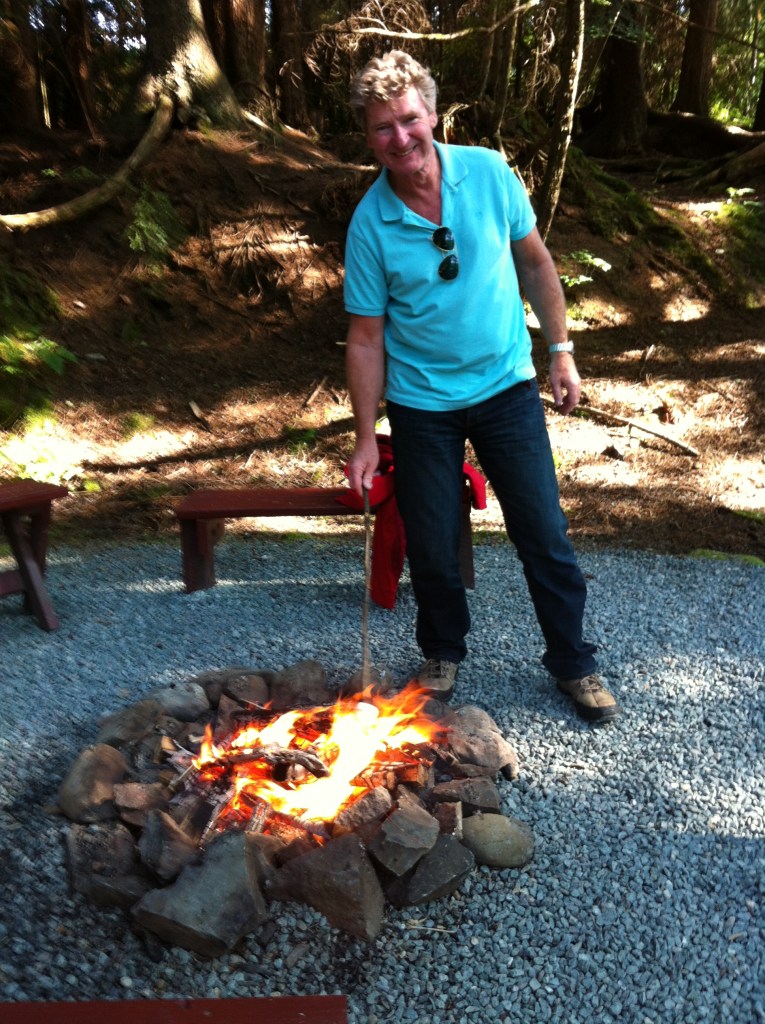Josh looks up as I order a double espresso; Susie is on the late shift. “Hello! Richard, how are you doing?” (Note 1)
“Oh! I’m fine. Need to gather my thoughts for this week’s postcard.”
“What? The last one of the year? Why don’t you write something about freedom? Been in the news a bit recently!”
“But I limit my scribbles to about 1000 words, otherwise I think my readers will get bored! Freedom is potentially such a wide topic ……”
“Just be succinct then!” Josh interupts, putting my coffee on the counter in front of me. I pick it up and head for a table; there are a number free, socially distanced of course!
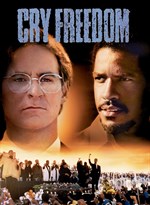
For those of a certain age the word freedom instantly brings back a memory, the 1987 film ‘Cry Freedom’. Set in late 1970s apartheid-era South Africa, it was based on books written by the journalist Donald Woods about his black-activist friend Steve Biko. Woods attempts to uncover the reasons Biko dies in police custody. He is banned from leaving the country, decides he must expose the corrupt nature of South African politics and is forced to trek to neighbouring Lesotho disguised as a priest, before flying to London.
But here in Britain we don’t need to go back to the memory bank to read ‘freedom’, as our shores are a magnet today for migrants fleeing persecution in many countries, for instance Syria, Iran, Sudan and Afghanistan. The UK is often chosen as the migrant not only has some knowledge of English but also believes our flexible black market economy will allow him or her to find a job quickly.
Matthew Parris, writing in The Times, rightly points out a couple of things; that ‘voters on an island will never soften towards settlers arriving uninvited in boats’ and that ‘persecution is most oppressive when the country is poor but individual rights are most respected in countries that our rich.’ Unless that changes, the poor will attempt to gravitate to where the rich live.

Migrants on an inflatable crossing the busy English Channel’s shipping lanes (Photo The Times)
On the news the other evening, a small malnourished 8 year old boy in a refugee camp on the Greek island of Lesbos, close to the Turkish coast, turned to the camera and pleaded: ‘I just want to be free. I just want freedom.’ On the other side of the pond – “Freedom feels different to different people ….” So began an article in the Sunday Times magazine about 55 year old Jens Soering, who had just stepped outside an American prison for the first time in 33 years.

Whilst it came in for a great deal of criticism as the writer was not from Central America, so how could she write about the subject (?), Jeanine’s Cummins’ ‘American Dirt’ was an eye opener on the migrant struggles to cross from Mexico into the southern USA. I even Googled the train that carries this human cargo northwards and watched some documentary video – tragic of course, but fascinating if detached. All in the desperate search for freedom, real or imagined.

Freedom has been sought over the centuries by groups of people: for example the Israelites crossed the Red Sea in search of it, the Pilgrim Fathers sailed to North America to flee persecution and find freedom and Jews have been victimised until they were granted freedom in a homeland in 1948.
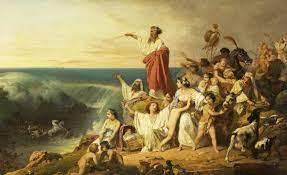
Some might consider it wonderful to be ‘completely’ free, although as soon as you live with others, in some form of community or society, rules and laws are introduced to bring a sense of order to what would otherwise be chaos. Over hundreds of years these laws have been refined, or changed in response to altering views and values. Most of us in democratic countries believe in the rule of law and adhere to the restrictions, restrictions on our ‘personal freedom’. Some do so only when it suits! Nobody says it’s a perfect way to live but it reflects the variable nature of the human species; rules for the majority.
Here the anti-everything brigade cry about lost freedom, about government interference in their personal liberty, without realising how conforming they are. Societies mandate certain requirements. Currently if you want to work in a nursery you have to have a DBS (Note 2) check; certain countries require you to have a Yellow Fever vaccination if you want to visit them; to drive you need a licence. It’s your choice to accept the mandatory requirements or forgo the right to work in a nursery, travel or drive. That’s your free choice. It may be we will require a Vaccination Passport to go to certain events, eat in restaurants, work in certain sectors. To those who do not want to be vaccinated, you have a choice.

The antivaxers reject the wisdom of medical science one moment, in this case that the overwhelming scientific evidence says the Covid vaccine is statistically safe, but accept it the next as an infection puts them in hospital needing specialist care (Note 3) – that could have been avoided if they had been vaccinated. Carol Midgley, a Times columnist, repeated a joke doing the rounds: ‘A man who has refused to have a jab saying he’s concerned about the side effects, is challenged by a work colleague. “But they said masturbation made you blind, Gary, and yet here you are without a white stick.”’
I pay Josh, who asks: “How did it go, the scribbles about freedom?”
“Actually hardly touched the surface. No space to mention Chinese repression and re-education of the ethnic Uyghurs in Xinjiang province, no time to explore sexual freedom or modern-day slavery, or even mention Freddie Mercury’s ‘I want to break free’ (Note 4)!”
Ironically it’s the antivaxers who are potentially keeping everyone else under threat of restrictions to their liberty, to their freedom. A close friend just doesn’t believe in vaccinations. Normally I accept her decision, but not during a pandemic when there is a collective need for everyone to be protected. Of course our ‘loss of freedom’ pales into insignificance compared with the little refugee on Lesbos.
Richard 31st December 2021
Note 1 When you go regularly to a restaurant, café or even a shop, being on first-name terms with those who serve brings colour to the whole experience!
Note 2 DBS (Disclosure and Barring Service) is an analysis and record of someone’s past, looking for criminal convictions, cautions etc, which might bar someone from employment in certain sectors.
Note 3 Recovering Covid patients need to stay in ICU three times longer than someone recovering from, say, a heart bypass.
Note 4 The 1984 song was actually about a failed relationship but it became an anthem against oppression and in support of freedom.
